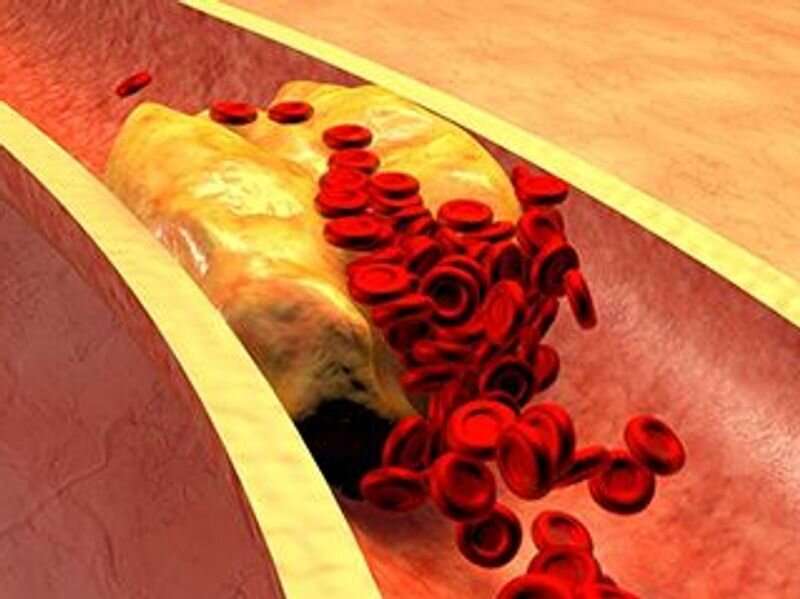More intensive LDL-C lowering may cut recurrent stroke risk

Among patients with a history of ischemic stroke, more intensive low-density lipoprotein cholesterol (LDL-C)-lowering statin-based therapies are associated with a decreased risk for recurrent stroke but an increased risk for hemorrhagic stroke, according to a meta-analysis published online Feb. 21 in JAMA Neurology.
Meng Lee, M.D., from the Chang Gung University College of Medicine in Chiayi, Taiwan, and colleagues conducted a meta-analysis of randomized clinical trials to examine the association of more versus less intensive LDL-C-lowering statin-based therapies for patients with ischemic stroke. Data were included for 11 randomized clinical trials with 20,163 patients who were followed for a mean of four years.
- The researchers found that compared with less intensive LDL-C-lowering statin-based therapies, more intensive LDL-C-lowering statin-based therapies were associated with a reduced risk for recurrent stroke (absolute risk, 8.1 versus 9.3%; relative risk, 0.88); this benefit did not differ among LDL-C-lowering strategies.
- Compared with less intensive LDL-C-lowering statin-based therapies, more intensive LDL-C-lowering statin-based therapies were associated with a reduced risk for major cardiovascular events, but with an increased risk for hemorrhagic stroke.
- In trials with all patients with evidence of atherosclerosis, but not in trials with most patients without evidence of atherosclerosis, more intensive versus less intensive LDL-C-lowering statin-based therapies were associated with a reduced risk for recurrent stroke (relative risk, 0.79).
Source: Read Full Article
